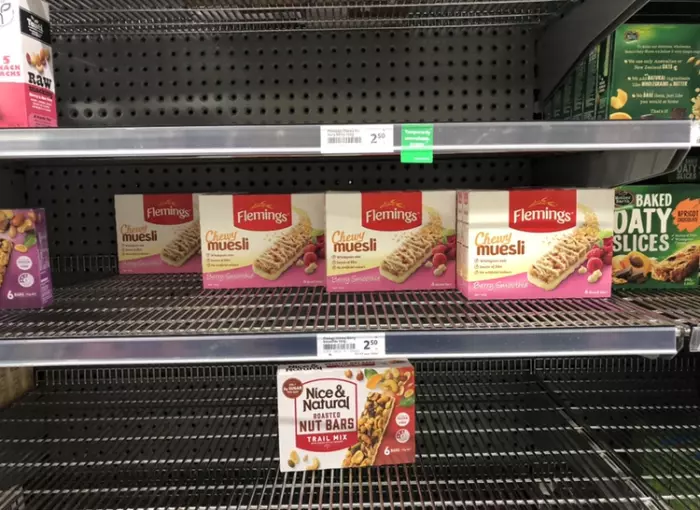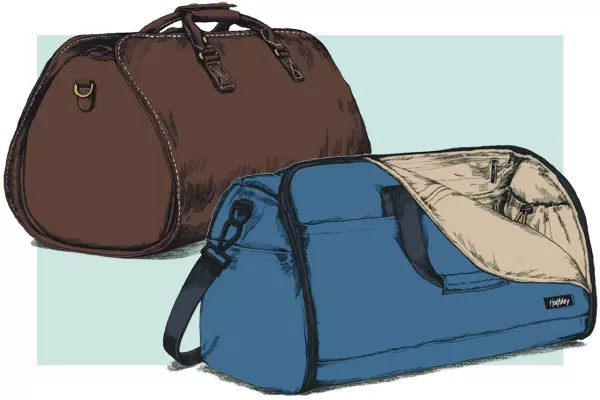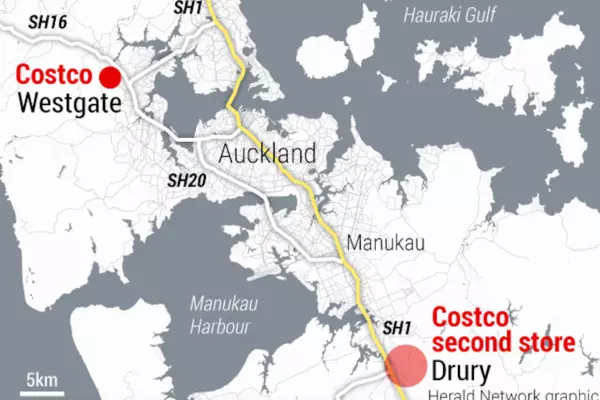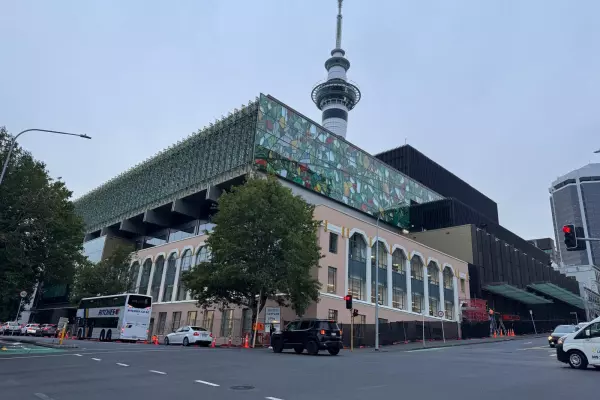The Commerce Commission plans to investigate whether New Zealand’s two dominant supermarket chains have been co-ordinating their behaviour and increasing prices to consumers, and profits for themselves.
The regulator has released the proposed scope of its market investigation into the grocery sector, which is due to be completed by November next year.
The range of issues it could look into includes whether retailers had been “accommodating” each other and limiting competition for bigger profits. It is taking feedback on the proposed scope for the study until Feb. 4.
The commission said the kind of behaviour supermarkets could co-ordinate might include the location of store openings, when stores were open, what is sold, and pricing and promotional schedules.
For example, a particular retailer might take the role of price leader, with other retailers following the leader’s price movements.
The commission said such behaviour doesn’t require explicit agreement or “express co-ordinated behaviour between competing, which may breach cartel laws.”
The commission's probe is the second market study requested by the government since new legislation gave the regulator wider investigatory powers in 2018. The first study, into retail fuel pricing, was completed last year.
Scale
The grocery sector in New Zealand is controlled by the Foodstuff’s co-operative and the Australian retail giant Woolworths. Foodstuffs, through two separate limited liability companies, runs operations in the North and South Island for the Pak ‘n Save, New World and Four Square brands. Woolworths owns the Countdown chain and is the franchisor for the Super Value brand.
Foodstuffs, the commission’s paper showed, had more than 400 stores while Woolworths owned more than 180.
The industry has said that in a country the size of NZ it is not unusual to see only a few larger operators. Foodstuffs said via an emailed statement it was reviewing the preliminary issues paper. It said the New Zealand retail market is highly competitive and there are “many channels through which consumers can satisfy their grocery needs.”
“We believe it is important the study takes into account the entire grocery landscape and we will be providing feedback on this aspect.”
Countdown said it welcomed “the opportunity to work with the Commerce Commission to help evolve their understanding of how the food and grocery market works in New Zealand.”
Supermarket sales through Woolworths’ local brand Countdown, rose 9.1 percent to $7.2 billion in the 52 weeks ended June 28. That outperformed the wider group's 8.1 percent increase in group sales to A$63.68 billion.
Woolworths NZ posted a $202 million profit for the financial year ended June 28 up from $181 million in 2019.
Foodstuffs North Island reported $8.4 billion in retail and wholesale store sales for the financial year ended March, revenue of $3.5 billion, and profit of more than $33 million.
Foodstuffs South Island’s net profit after tax for the 2020 financial year was $8.04 million on revenue of $3.18 billion.
The preliminary issues paper suggests the market study could look at how intense competition is between grocery retailers and the impact private label products have on competition at the supplier level.
The paper said an Australian study into private labels found they can distort competition and that retailers are incentivised to promote their own labels, for example by giving them prominent shelf space.
The commission said it also proposed to assess the ability of new retailers to enter the NZ grocery sector, and of existing retailers to expand their operations. There appeared to have been no large-scale entry into the NZ retail grocery sector for many years, suggesting barriers to entry may be high, it said.
“The ability of rivals to expand and enter is a vital part of the competitive process. Even in a market where there are relatively few competitors, the threat of entry and expansion can significantly constrain the behaviour of existing firms, leading to better outcomes for consumers.”
Supplier control
The supply chain is also set for scrutiny. The commission said supermarkets have significant buying power because suppliers are dependent on them as the main route to sell their products to consumers.
It highlighted concerns from the NZ Food and Grocery Council, which represents manufacturers and suppliers in the sector, about the imbalance between the supermarkets and suppliers. The council said retailers had requested retrospective cash payments, refused to accept price increases, refused to pay agreed costs and had used threats or exacted retribution as negotiating tactics.
Kiwis’ love of a promotion may also fall into the study.
The commission said a study in 2017 found close to $6 in every $10 spent on groceries was sold on promotion.
“Promotional pricing appears to be a significant feature of the NZ retail grocery sector.”
It cited the use of “was/now” style pricing where a new discounted price is compared to an old price and the use of loss leaders, which encourage consumers into a store, leading to increased sales of other more profitable products.
It said consumers benefit from lower prices when it’s genuine but in some circumstances discounting can lead to higher overall prices and consumers buying products they didn’t intend to purchase.
Those without loyalty cards could also miss out.
The overall thrust of the proposal is whether competition with the current setup is working well for consumers.
“If retail competition is working, this will benefit consumers through the prices they pay for groceries, the quality of groceries being sold, the range of groceries available and the service that is offered,” commission chair Anna Rawlings said.














